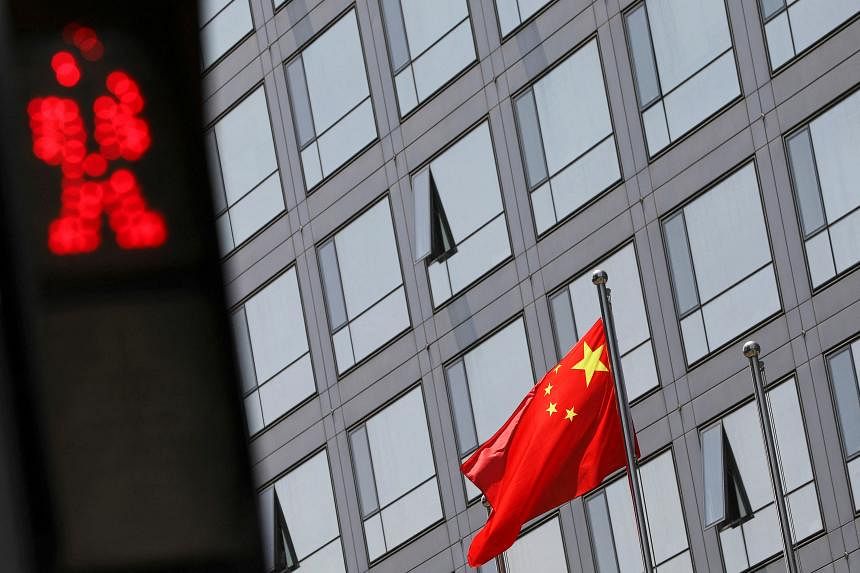BEIJING - China indicated for the first time on April 15 that a man executed for spying in 2016 had sold secrets to the United States.
In a video posted on April 15 in a campaign to promote China's success in combating foreign espionage, state broadcaster CCTV confirmed that Huang Yu had been executed in May 2016, a month after his conviction and death sentence were announced.
At the time, China had given no details of the country Huang was accused of assisting. In the video on April 15, an announcer also made no explicit mention of the country, but images were shown of an American flag and the U.S. Capitol building.
The United States Embassy did not immediately respond to a request for comment.
CCTV said the Sichuan man had handed over secrets, including details on China's military communications, to a foreign government. Previously, China has said he had been paid US$700,000 (S$952,000) by his foreign handlers, before being arrested in 2011.
The video was part of a campaign in China's state media to heighten awareness of what Beijing sees as the threat from foreign spies and to celebrate China's counter-espionage successes.
A coordinated run of stories and videos was released ahead of a day dedicated to promote national security awareness and citizen vigilance established under President Xi Jinping nine years ago.
In a separate statement on April 15, China's State Security Ministry said it would work to "create sharp weapons" under the law to crack down on spying.
In 2023, lawmakers passed a wide-ranging update to China's anti-espionage legislation, banning the transfer of any information deemed to relate to national security, a move that unnerved some foreign businesses and investors.
The security ministry also released a three-minute video of an apparent reenactment of a Chinese spy infiltrating meetings, offices and labs to collect information, and then being caught. The video did not make clear whether it referred to a specific case.
Separately, state-controlled publisher Global Times ran a story that included details on cases in which Chinese officials said they disrupted attempts to steal sensitive data, including on food security and the production of rare earth minerals. REUTERS

